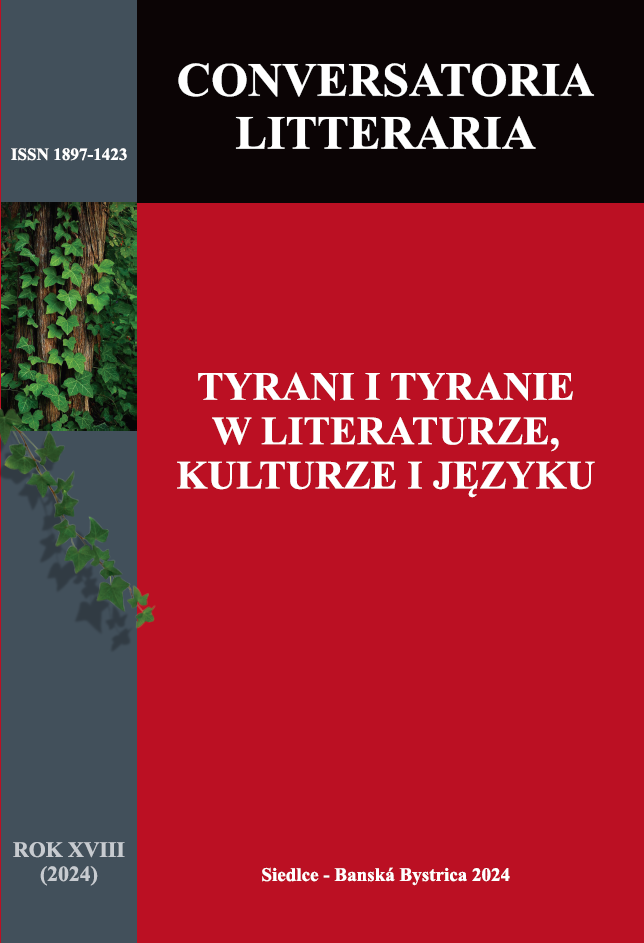“New Man” and its Soviet mutation. Nikolai Yezhovin the novel by Herkus Kunčius Stalin's Iron Glove
DOI:
https://doi.org/10.34739/clit.2024.18.16Keywords:
Herkus Kunčius, Bidungsroman, ironic narrator, Soviet manAbstract
The primary purpose of the article is to analyze the childhood and youth of Nikolai Yezhov, the main character of the novel Stalin's Iron Glove by Herkus Kunčius, in the context of the Enlightenment concept of the “new man”, which in the Soviet period was transformed into the idea of the “Soviet man”. The writer, using certain formal elements of Bildungsroman, creates his character as someone shaped by social factors: relationships in the family and school, the material and social status of the family, the socio-political situation in the Russian Empire, and intense ideological agitation among workers. Yezhov fully represents the “Soviet man” and Kunčius, using irony, elements of the grotesque, and black humor, ridicules the character, which is both dangerous and grotesque, discredits the above concept, while at the same time bringing out the universal dimension of figures such as Yezhov, i.e. ruthless functionaries of authoritarian regimes.
Downloads
Downloads
Published
Issue
Section
License
Copyright (c) 2024 Authors

This work is licensed under a Creative Commons Attribution-NoDerivatives 4.0 International License.




